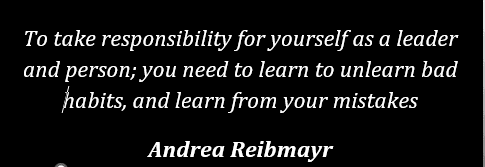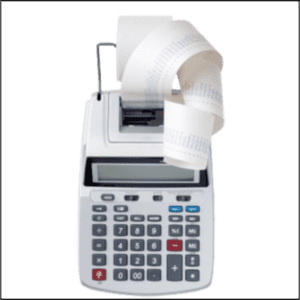Accountability in the Workplace
Accountability helps to ensure that every employee will take responsibility for their performance and behaviors, and continue to manage this responsibility. When we implement goals and communicate with one another, we can achieve powerful results. This requires strong teamwork and collaboration. Every team member must have a strong understanding of the values of the company and recognize the importance of their dedication, in order to attain success.
Defining Accountability
Accountability is the acceptance and obligation to carry out a responsibility. This includes being answerable for decisions, actions, and the outcomes. The term accountability often carries a negative connotation; however, accountability is beneficial in many ways, including personal benefits, as well as benefits for a team or organization. Accountability represents a form of trust, which is a fundamental trait for employees to have.
The practice of accountability can involve power being transferred from one individual to another. In the workplace, it means to take this power and own it. In other words, employees should respect their everyday obligations to perform their best, and work toward building the business. Accountability will help to avoid negligence or misconduct in the workplace. Each employee is accountable to carry out specific tasks, however the employer will also be accountable for controlling and directing the team.
An accountable employee will have specific habits, including:
- Taking responsibility, and managing this responsibility
- Practicing time management skills
- Avoiding excuses
- Working with the other members of the team
This course will provide you with informative tools and practical strategies that can be used to help empower the team to work towards achieving the benefits of accountability. Accountable employees will fuel performance and productivity, and generate an enhanced workplace.
Course Objectives:
- Define accountability and personal accountability
- Differentiate between ownership and accountability
- Use feedback as a tool to enhance performance
- Understand the barriers of workplace accountability
- Focus on building accountability leadership
- Effectively set SMART goals
- Identify the components of the cycle of accountability
- Work towards achieving the benefits of accountability










Reviews
There are no reviews yet.